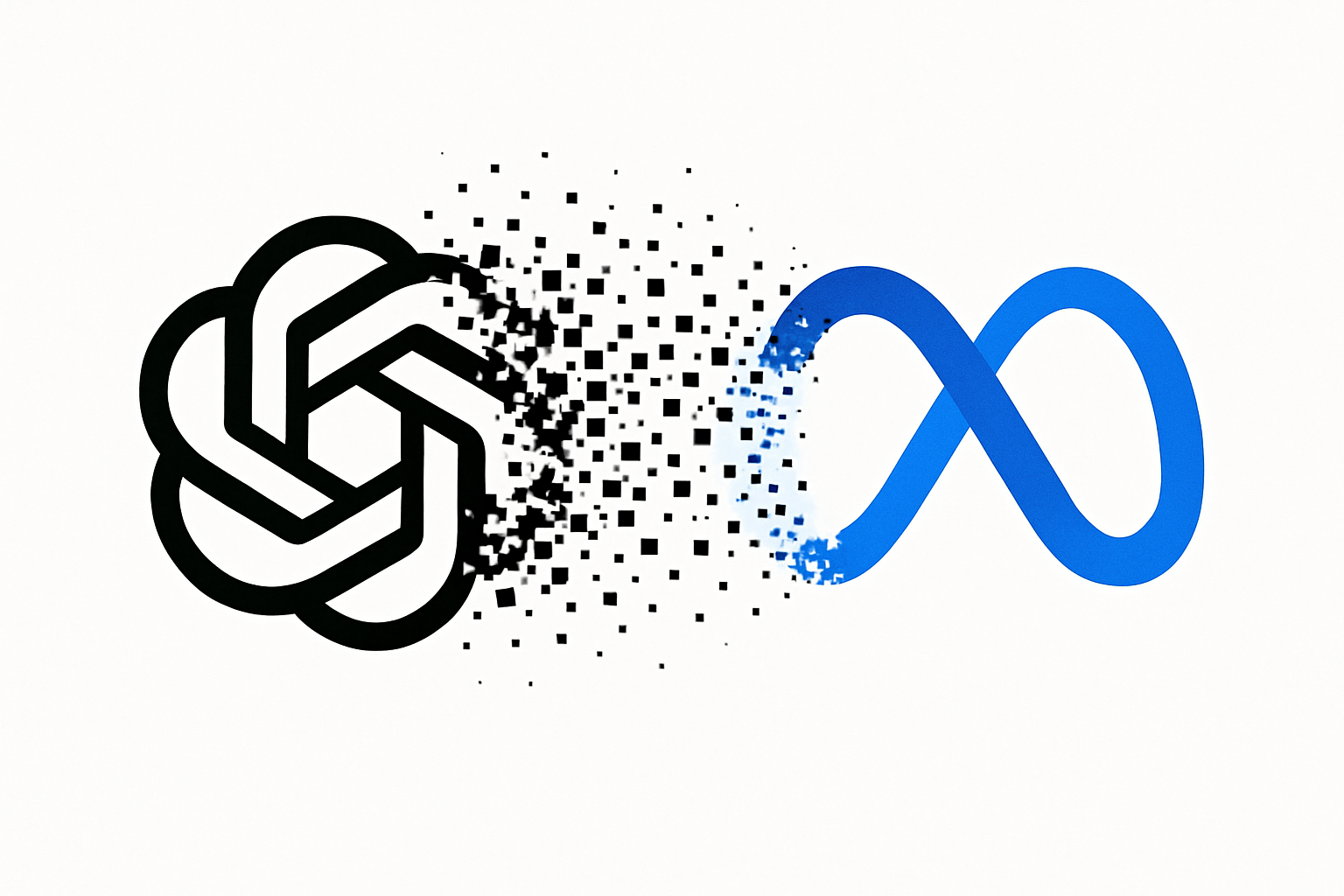After Meta's recruiting push, OpenAI tries to retain talent

Meta has been poaching top researchers from OpenAI with multimillion-dollar offers, pushing OpenAI to overhaul its compensation and revisit its core mission.
In a Slack memo obtained by WIRED, OpenAI Chief Research Officer Mark Chen told staff that he feels "as if someone has broken into our home and stolen something" and that he and CEO Sam Altman, along with other senior leaders, are working "around the clock to talk to those with offers" to keep employees from leaving for Meta.
OpenAI is now "recalibrating comp" and introducing new incentive systems in an effort to keep top talent long-term. Still, Chen insisted there are limits. "While I'll fight to keep every one of you, I won't do so at the price of fairness to others," he wrote.
OpenAI leadership pushes back against Meta's tactics
The memo also included messages from seven other OpenAI executives, urging employees to talk to their managers if Meta approaches them. "If they pressure you, or make ridiculous exploding offers just tell them to back off, it's not nice to pressure people in potentially the most important decision," one message read.
OpenAI itself is under pressure. WIRED reports that some employees have been working up to 80 hours a week. This week, most operations are paused to give the team a break. Product Manager Adam Goldberg said the break had been planned. The idea is to pause everything at once so no one feels left out.
Another executive said that Meta might use this downtime to ramp up recruiting. "Meta knows we're taking this week to recharge and will take advantage of it to try and pressure you to make decisions fast and in isolation," he or she wrote.
Shifting focus away from product releases
Chen also criticized what he sees as an overemphasis on short-term wins and product cycles. He argued that OpenAI has become too focused on keeping pace with competitors like Meta and needs to get back to its main goal: developing artificial general intelligence (AGI).
"This is the main quest, and it's important to remember that skirmishes with Meta are the side quest," he wrote. Chen appeared to be appealing to the original mission-driven spirit of OpenAI - building superintelligence that benefits humanity.
Some inside and around OpenAI say the company has prioritized commercialization over its founding vision recently. Altman, for his part, maintains that commercial success is necessary to fund AGI research. Altman's push for quick commercialization also led some safety researchers to leave for Anthropic, which is reportedly not a major target for Meta's recruiters.
Meta targets OpenAI's best researchers
Meta has already managed to recruit several leading OpenAI researchers. Jiahui Yu, Hongyu Ren, Shuchao Bi, and Shengjia Zhao previously worked on key projects like GPT-4.1, o3, o1, and multimodal systems. In a since-deleted tweet, OpenAI developer Cheng Lu called their departure a "huge loss."
Lucas Beyer, Alexander Kolesnikov, and Xiaohua Zhai - who helped set up OpenAI's Zurich office after working at Google Deepmind - have also moved to Meta.
Meta appears to have lifted any limits on pay for top AI researchers. According to OpenAI insiders and Altman, some offers are worth more than $100 million. Meta CTO Andrew Bosworth confirmed in an internal meeting, cited by The Verge, that a small group of senior hires are receiving extremely high offers - not as cash bonuses, but as "complex compensation deals."
AI News Without the Hype – Curated by Humans
As a THE DECODER subscriber, you get ad-free reading, our weekly AI newsletter, the exclusive "AI Radar" Frontier Report 6× per year, access to comments, and our complete archive.
Subscribe nowAI news without the hype
Curated by humans.
- Over 20 percent launch discount.
- Read without distractions – no Google ads.
- Access to comments and community discussions.
- Weekly AI newsletter.
- 6 times a year: “AI Radar” – deep dives on key AI topics.
- Up to 25 % off on KI Pro online events.
- Access to our full ten-year archive.
- Get the latest AI news from The Decoder.